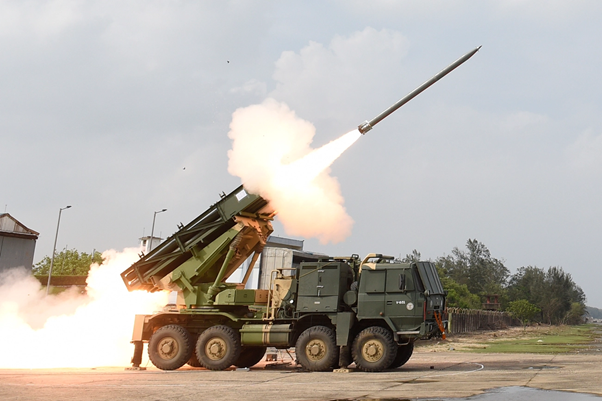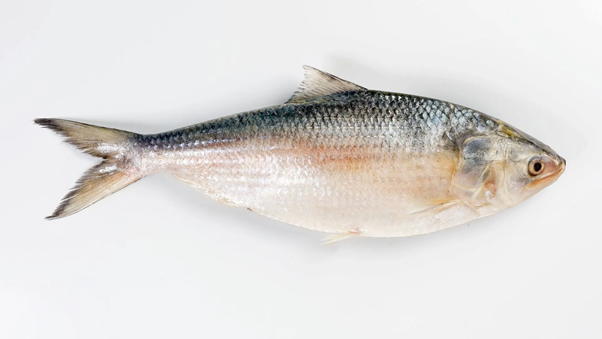Table of Contents
Commission of Air Quality Management (CAQM)
Context: Recently, the Supreme Court reiterated that the Commission for Air Quality Management in the National Capital Region and surrounding areas ‘needs to be more active’ in addressing pollution caused by stubble burning within its jurisdiction.
About CAQM
- Statutory Body: Under the Commission for Air Quality Management in National Capital Region and Adjoining Areas Act, 2021.
- Aim: To address air quality issues in the National Capital Region (NCR) and surrounding states, including Haryana, Punjab, Rajasthan and Uttar Pradesh.
- Objectives
- Coordination: To enhance coordination among various state governments and agencies involved in air quality management.
- Research and Development: To conduct research and identify effective strategies for air pollution control.
- Composition
- A Chairperson.
- A member-secretary of Joint Secretary rank.
- 3 independent technical members with expertise in air pollution.
- 3 members from non-governmental organisations.
- Ex-officio members from central and state governments, as well as technical members from organisations like the Central Pollution Control Board (CPCB) and NITI Aayog.
- Powers
- Issuing binding directions to state governments and local authorities.
- Conducting inspections and investigations related to air quality.
- Imposing penalties for non-compliance, including imprisonment of up to five years or fines up to ₹1 crore. (Under section-14)
- Monitoring the actions taken by states to prevent stubble burning.
- CAQM can shut down industries or cut their water and power supply if they don’t comply with regulations.
Pinaka Multi-Barrel Rocket Launcher
Context: The Indian Army is enhancing its artillery capabilities by developing long-range rockets and futuristic ammunition. This includes extending the range of the Pinaka system, diversifying suppliers and focusing on indigenization for robust supply chains.

About Pinaka
- Developed by: Armament Research and Development Establishment (ARDE), a DRDO laboratory.
- First Used: During Kargil War
- Launch Capacity: It can fire a salvo of 12 rockets within 44 seconds.
- Payload: Each rocket can carry a payload of around 100 kg, with various warhead options including high explosives and anti-tank mines.
- Variants:
- Pinaka Mk-I: Initial version with a range of 40 km.
- Pinaka Mk-I Enhanced: Range up to 60 km.
- Pinaka Mk-II: Range upto 90 km.
- Pinaka Mk-III: Currently under development, expected to reach up to 120 km
Hilsa Fish
Context: Bangladesh’s interim government recently announced plans to export 3,000 tonnes of hilsa fish to India ahead of Durga Puja celebrations.

About Hilsa Fish
- IUCN Status: Least Concern
- Distribution:
- Bangladesh: The largest producer, accounting for about 97% of global hilsa catch.
- India: Significant populations are found in rivers like the Ganges, Hooghly, Mahanadi, Narmada, and in Chilika Lake.
- Other Countries: Myanmar, Pakistan etc.
- Significance
- Hilsa is the National Fish of Bangladesh and the State Fish of West Bengal.
- It holds immense cultural importance during Durga Puja, where it is considered auspicious and is integral to traditional meals.
- Migration:
- Although it is a saltwater fish, it migrates from the Bay of Bengal to the freshwater of the Ganges.
- During the breeding season, it swims upstream to mate and returns to its natural habitat after spawning.
| UPSC PYQ | ||||||||
Q. Consider the following pairs: (2019)
Which of the pairs given above are correctly matched? (a) 1 and 2 only (b) 2 and 3 only (c) 1 and 3 only (d) 1, 2 and 3 Answer: C |
Not of Standard Quality (NSQ) Drugs
Context: Recently the Central Drugs Standard Control Organisation (CDSCO) has flagged around 53 medicines as being of Not of Standard Quality. This includes well-known medications such as paracetamol, metformin and pantoprazole.
About NSQ Drugs
- Those drugs that are not of standard quality & they don’t meet the quality standards set by national or international authorities.
- Reasons for Drug Failure:
- Spurious Drugs: These are counterfeit medications that mimic well-known brands but are not produced by the original manufacturers.
- g. Certain samples of telmisartan, which is used for hypertension, were found to be falsely branded and were not made by the companies they claimed to represent.
- Poor Quality Drugs: These drugs may not dissolve properly or may contain insufficient amounts of active ingredients, affecting their efficacy.
- g. Metformin, a common diabetes medication, failed a dissolution test. This means it would not work effectively when consumed.
- Adulterated Drugs: These contain harmful contaminants or adulterants that can pose health risks to consumers.
- Batches of adulterated drugs are often recalled by regulators to protect public health.
- Spurious Drugs: These are counterfeit medications that mimic well-known brands but are not produced by the original manufacturers.
| About CDSCO |
|


 Soyuz Aircraft: History, Design and Sign...
Soyuz Aircraft: History, Design and Sign...
 Topological Materials: The Future of Qua...
Topological Materials: The Future of Qua...
 China’s Deep Sea Station in South Chin...
China’s Deep Sea Station in South Chin...





















